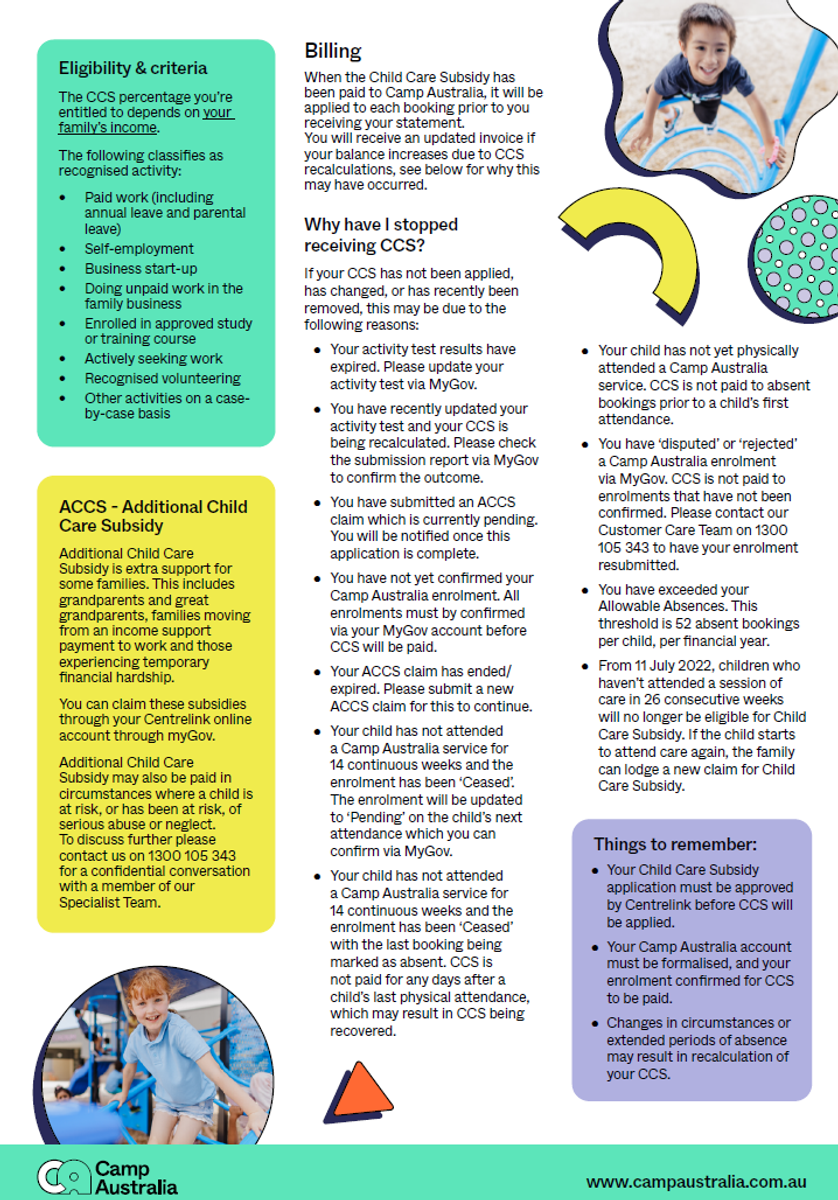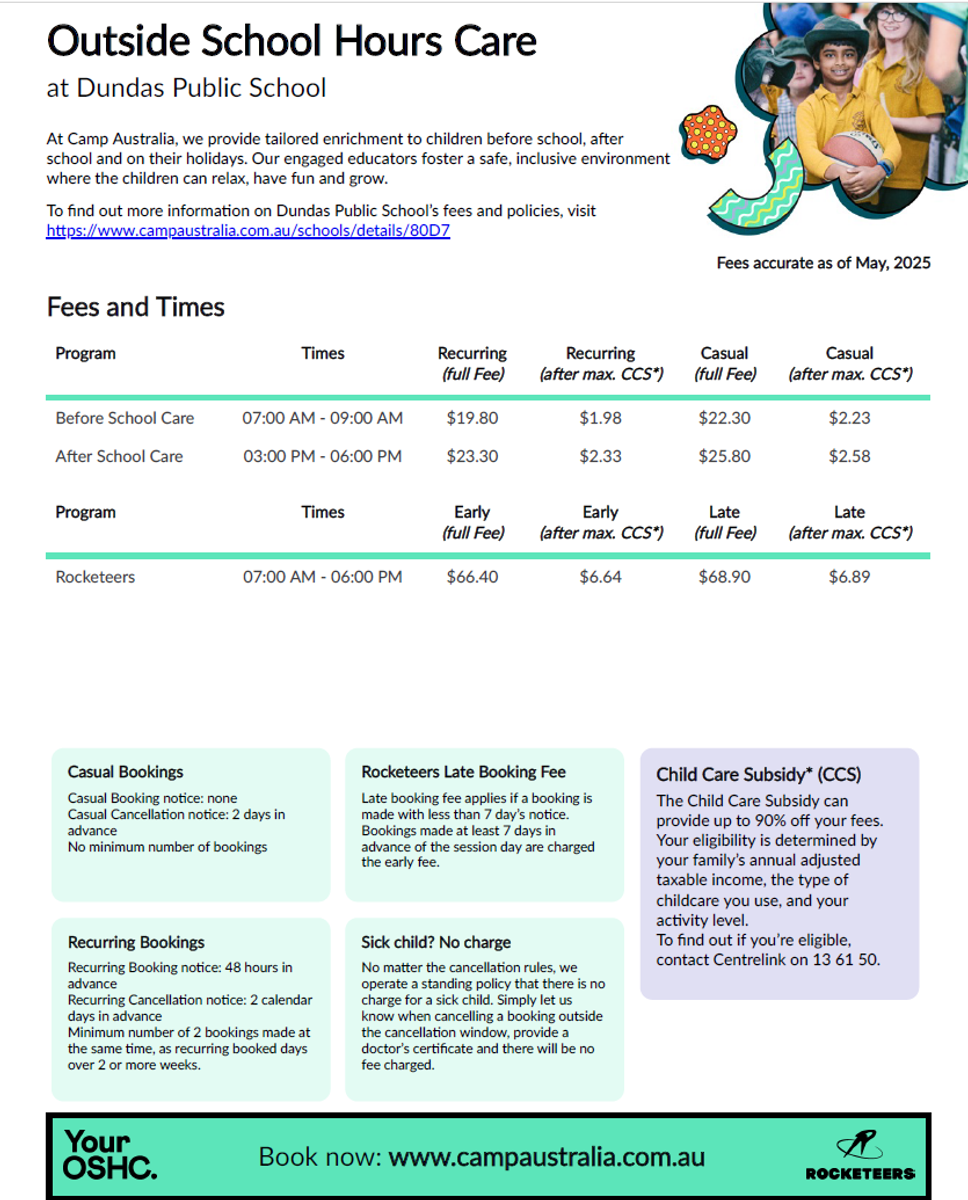Principal's Update
At Dundas Public School we do our best always

Principal's Update
At Dundas Public School we do our best always


As shared previously on the DPS Facebook page, Aayden will be representing New South Wales at the National swimming championships in Melbourne later in the year. Aayden will be competing in the 50m freestyle and 4 x 50m relay team.
Dundas Public School is very proud of Aayden’s amazing achievement and will be organising some fundraising events with Aayden’s family to assist with the financial expense of the trip to Melbourne.
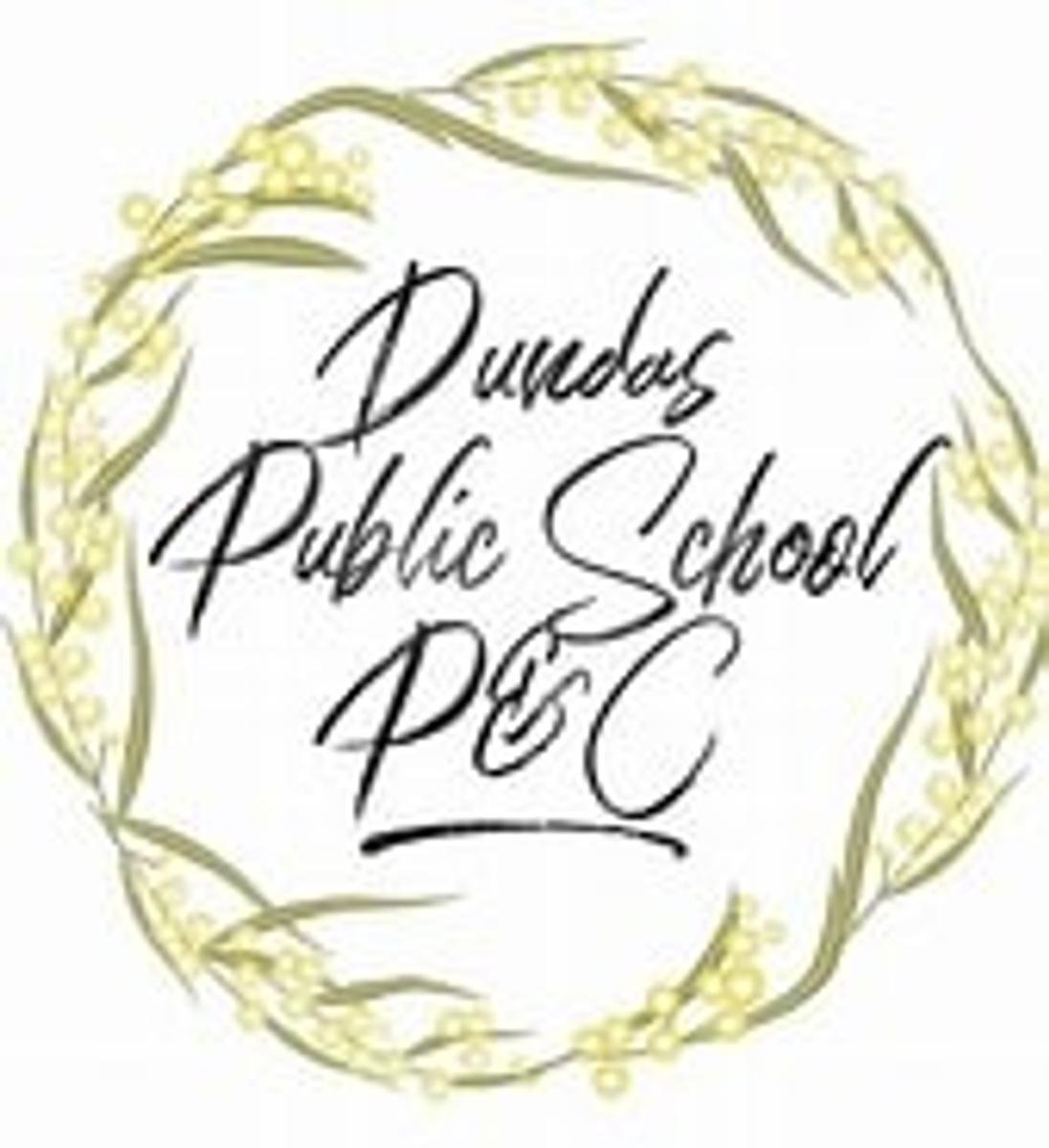

Dundas P&C has also very kindly offered to donate $300 towards Aayden’s expenses. On behalf of Aayden’s family and the wider school community, I would like to thank the P&C for this generous donation.
We are thrilled to announce that starting this term, we will be introducing updated school reports designed to provide you with a clearer and more comprehensive view of your child’s progress.
These new student reporting formats have been thoughtfully developed by the NSW Department of Education in direct response to valuable feedback from parents and educators. Our goal is to ensure that the reports are not only easier to read and understand but also more informative regarding your child’s achievements. As a result, the previous list of specific indicators listed for English and mathematics has been removed due to the heavy use of teacher jargon.
Rest assured; your child’s report will continue to reflect their progress across all subject areas. You will find insightful teacher comments in the key subjects of English and Mathematics, as well as in the general comment section, in line with department policy.
Kindergarten (Early Stage 1)
Dundas Public School will continue to use the current 3-point achievement scale in plain English for English and mathematics only.


All other all key learning areas (subjects) and library will receive an effort and participation mark.


There will be a general comment, and a comment for both English and mathematics.
For our Kindergarten students, the general comment will encompass all key learning areas, including Creative Arts, HSIE, PDHPE, and Science and Technology, providing a holistic view of their educational journey.
Stage 1 to Stage 3
We are excited to introduce a revised achievement scale and detailed descriptions that will give you a clearer picture of your child’s progress and accomplishments. This enhancement is designed to help you better understand where your child excels and where they may need additional support.
The ‘Sound’ achievement level has been replaced with ‘Expected’, indicating that your child's achievement in this subject is at the expected standard. They apply their knowledge and skills in familiar situations.


The 5-point achievement scale (pictured above) will be used for all key learning areas (subjects).
All key learning areas (subjects) and library will receive an effort and participation mark.


There will be a general comment, and a comment for both English and mathematics.
The ‘Social development and commitment to learning’ replaces our ‘Work Habits and Social Development’ section.


Additionally, we encourage you to take advantage of parent–teacher interviews, which remain a vital opportunity to discuss your child’s progress and achievements in greater detail. Your engagement is key to your child’s success, and we are here to support you every step of the way.
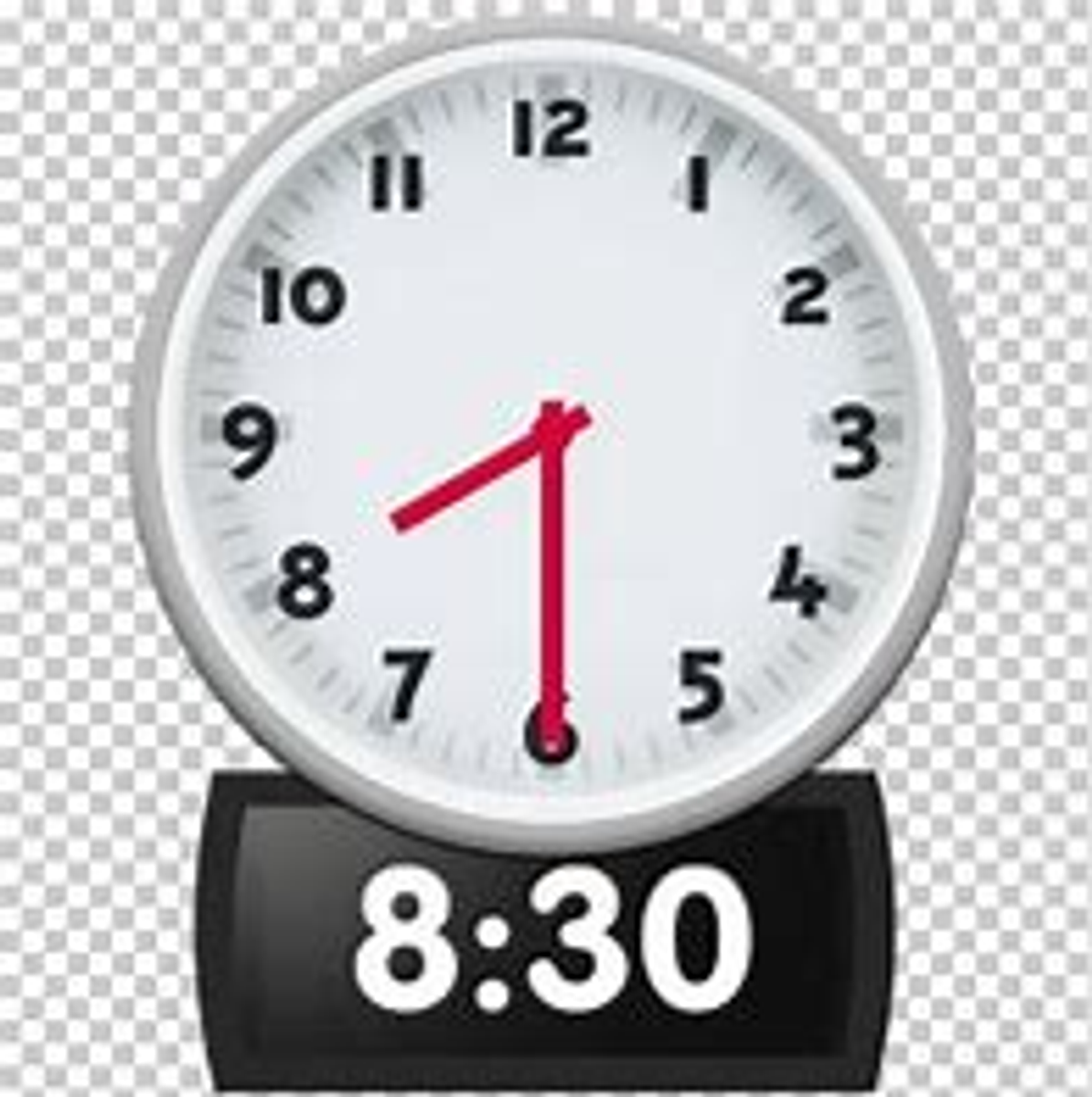

It is essential for our students to arrive at school from 8:30am when teachers are on supervision duty. This practice not only ensures the safety and well-being of our children but also helps them to start their day in a calm and prepared manner.
Arriving on time allows students to settle into their learning environment, engage with their peers, and prepare for the day ahead.
Furthermore, the presence of teachers during this time provides an added layer of security, fostering a supportive atmosphere where students feel valued and cared for.
We kindly ask for your cooperation in making punctuality a priority, as it plays a vital role in creating a positive and effective school experience for all. Thank you for your understanding and support in helping our school community thrive!
Students that require care before supervision is provided at 8:30am, should be booked in to the OSHC service provided by Camp Australia.
The Term 2 stage ‘Areas of Focus’ documents were shared this week via the Sentral parent portal. It is highly recommended that families read the information shared as it gives a detailed overview of what is being taught in your child’s classroom this term.
Please contact your child’s teacher if you have any questions.
Mathematics is taught explicitly at Dundas Public School. Explicit teaching has been identified since 2015 in the Centre for Education Statistics and Evaluation (CESE) publication What Works Best: Evidence-based practices to help improve NSW student performance.
Evidence continues to support explicit teaching as a powerful practice. It works for students of all ages, and all backgrounds. It aligns with how students process, store and retrieve information.
Every student should experience explicit teaching when learning is new or complex. Explicit teaching allows students to gain foundational skills and knowledge. They can then apply their learning with greater independence.
Teachers use their expertise to select the right explicit teaching strategy at the right time for the right purpose.
Strengthening explicit teaching practice begins with a shared understanding of key concepts. These include:
understanding how learning occurs
the limitations of working memory
high expectations for student learning.
In 2025, Dundas Public School is trialling a different approach to the teaching of mathematics. Students in Years 1-6 will be grouped in maths groups based on student performance data from external and internal sources. In addition to the class teachers, additional teaching staff have been allocated a maths group to ensure that student maths group numbers are reduced.
Student progress is tracked, and staff regularly discuss and review how each maths group is going and whether student results are indicating that they should be placed in an alternative group.
Grouping students into ability-based maths groups has been a subject of research and discussion in educational circles. Here’s a detailed overview of the benefits based on current research:
1. Customised Learning Experiences
Research indicates that ability grouping allows for differentiated instruction tailored to the specific needs of students in each group. By teaching at appropriate levels, educators can provide more relevant and engaging lessons. According to Tomlinson (2001), differentiated instruction helps in addressing diverse learning needs, ensuring that all students can connect with the material.
2. Enhanced Academic Achievement
Studies have shown that students placed in ability groups often perform better academically than those in mixed-ability settings. A meta-analysis by Slavin (1990) highlighted that ability grouping can lead to higher achievement for both low and high achievers when compared to heterogeneous grouping, particularly in subjects like mathematics.
3. Increased Student Engagement
Ability grouping can lead to higher levels of student engagement. Research by Hattie (2009) suggests that when students are in groups where they feel their abilities are matched, they are more likely to participate actively in learning activities. This engagement is crucial for motivation and fosters a positive attitude towards mathematics.
4. Improved Confidence and Self-Efficacy
Students often experience increased confidence in their abilities when placed in ability groups. A study by Bandura (1997) emphasises the importance of self-efficacy in learning. When students succeed in a group that matches their ability level, they are more likely to develop a positive self-concept and belief in their capabilities, which can translate to better performance.
5. Targeted Skill Development
Ability grouping allows teachers to identify specific skills that need reinforcement within a group. Research from Sutherland et al. (2014) indicates that targeted instruction enables educators to focus on areas of difficulty for students, such as problem-solving or computational skills, leading to more effective mastery of foundational concepts in mathematics.
6. Efficient Use of Class Time
When teachers work with ability groups, they can streamline their instruction. Research by Kulik and Kulik (1982) shows that teachers can spend less time on classroom management and more time on direct instruction, which improves overall efficiency in teaching and learning.
7. Positive Peer Interaction
Ability grouping can foster a supportive learning environment where students can collaborate with peers who share similar challenges and strengths. According to a study by Johnson and Johnson (1989), cooperative learning in homogenous groups can enhance social skills and build a sense of community among students, which is beneficial for emotional and social development.
8. Flexibility and Responsiveness
Current research supports the idea that ability grouping should not be static; it should be flexible and responsive to students' changing needs. Studies by Fuchs et al. (2015) indicate that students should be reassessed periodically to ensure they are placed in the most effective group for their current skill level, promoting continuous growth and development.
Conclusion
While ability grouping in mathematics education offers a variety of benefits, it is essential for educators to implement it thoughtfully and flexibly. Ongoing assessment and adjustment of group placements can ensure that all students receive the support they need to thrive. Overall, the research suggests that when executed effectively, ability grouping can lead to improved academic outcomes, increased engagement, and enhanced student confidence in mathematics.
To ensure that mathematics is taught explicitly and consistently across the classes K-6, staff follow 'The Dundas Way'.
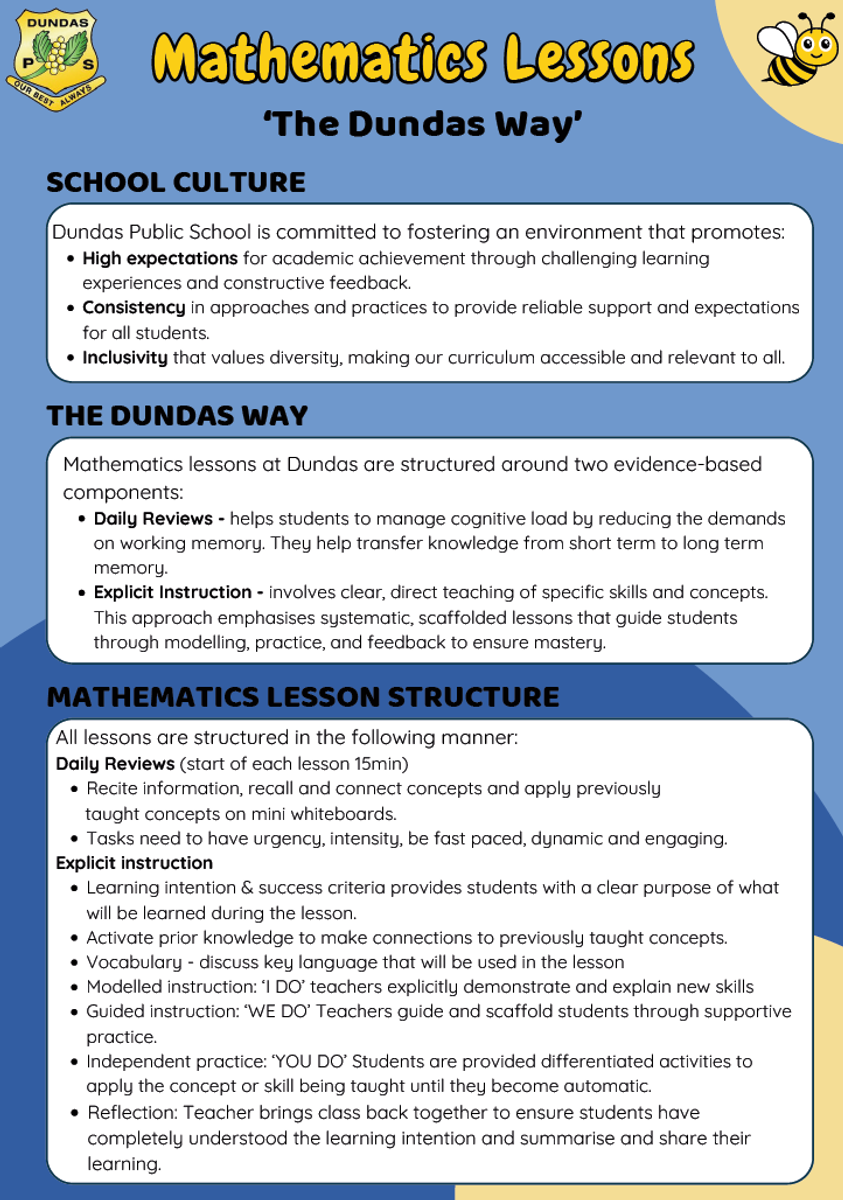

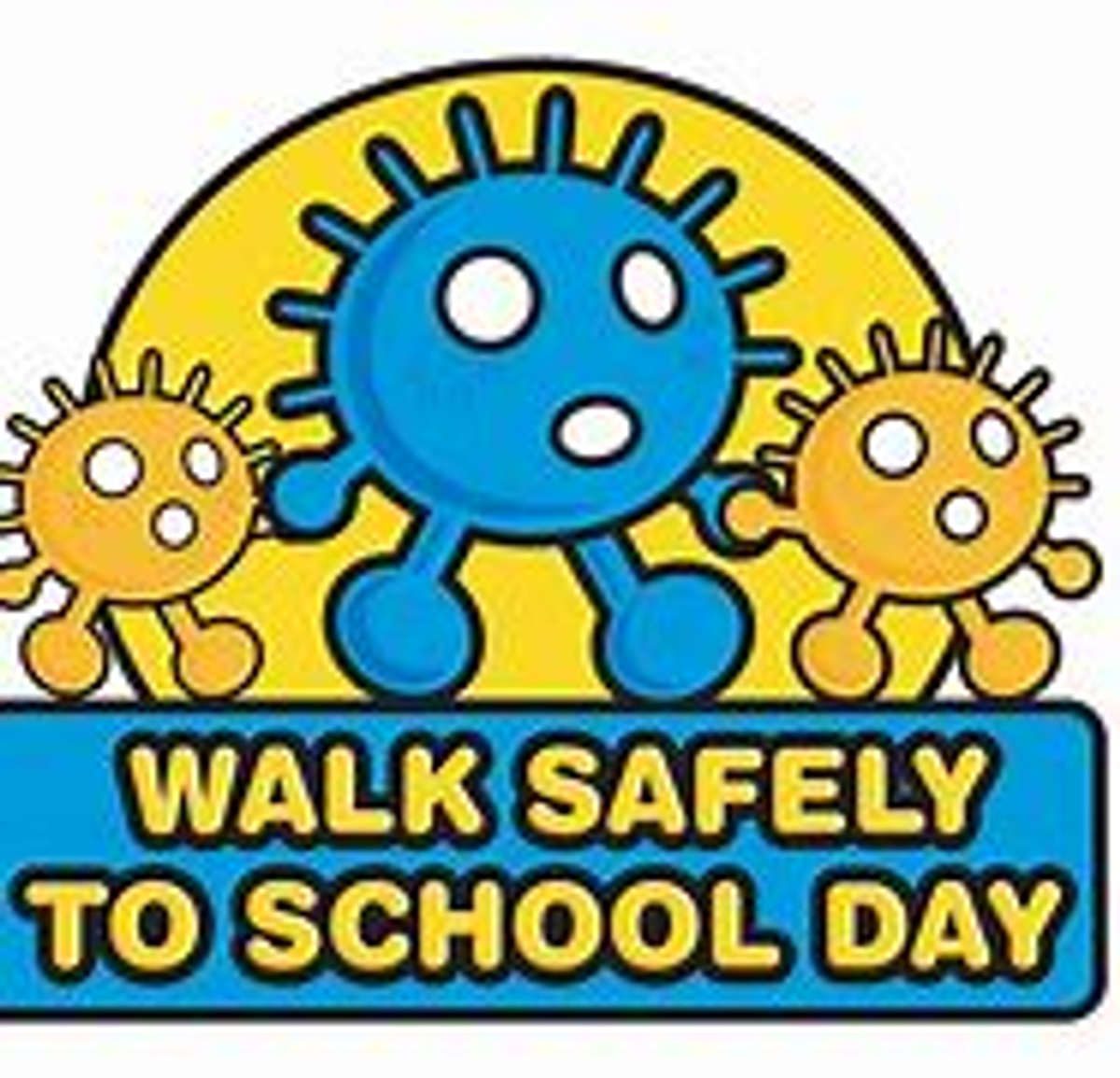

Today is ‘Walk Safely to School Day’.
The SRC are excited to be involved with the Transport for NSW and Parramatta Council's Schools Active Transport Program.
This week, SRC Class Representatives will be working with their peers to complete a simple ‘hands up’ survey to gather data on their mode of transport to school. Students will complete follow-up surveys once per term. A copy of the survey is below.
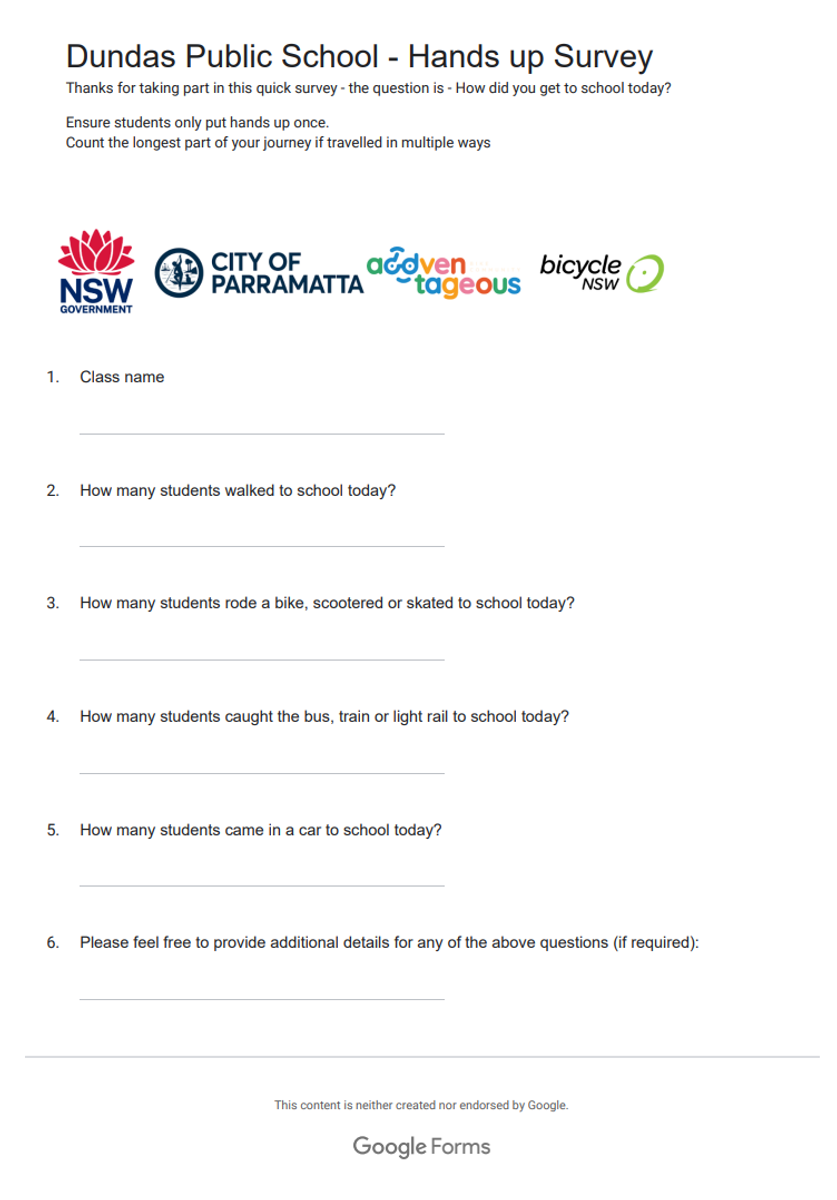

Parents and carers - Have your say on improving Dundas PS students experience in walking and riding to school!
We know that active students are healthier and happier, so would like to get your feedback on improving student’s walk to school experience as well as understanding the barriers.
As part of the TfNSW (Transport for NSW) and Parramatta council’s ‘Schools Active Transport Program’, ‘Addvantegous’ (community bicycle educators) and Parramatta Council Staff will be surveying parents and carers.
Please feel free to drop by and give some feedback on ideas to improve the students walk to school experience.
There is also a link to the parent and carer survey which is online: https://forms.gle/W8uNzWZjoa3yAG138
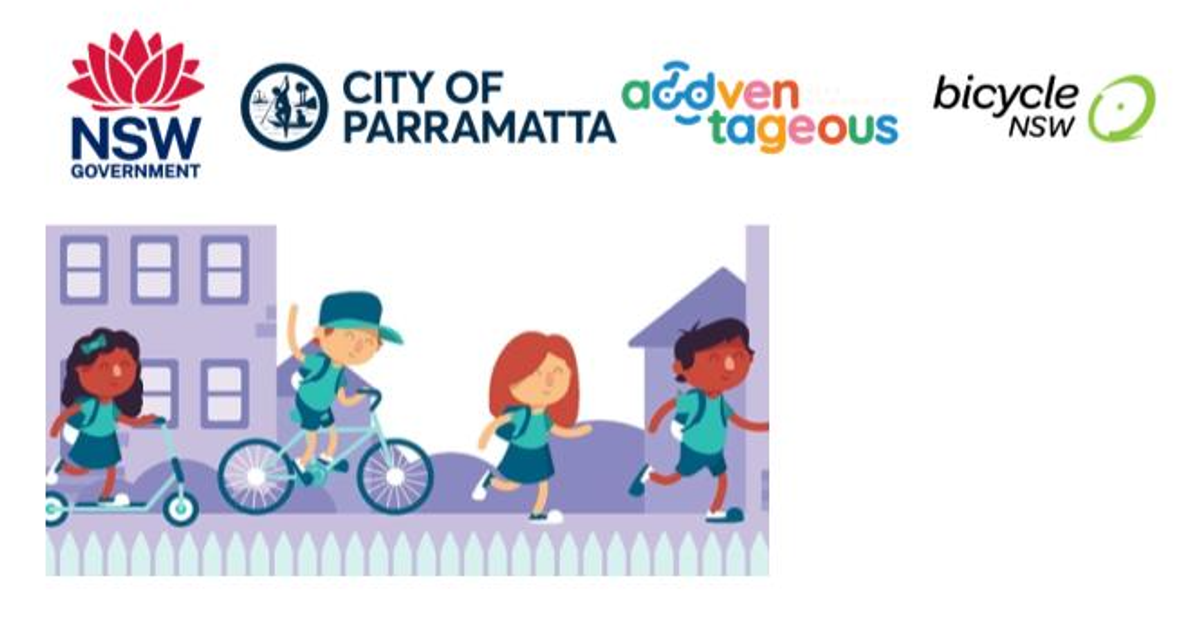

We would like to take a moment to explain the challenges we face when booking casual teachers on short notice. If a staff member becomes unwell overnight and calls in sick, it can be difficult to book a replacement. The demand for casual teachers can fluctuate, and when notice is provided late, it becomes increasingly difficult to secure a qualified substitute. As a result, there may be times when we need to split classes across the school to ensure that all students are supervised and continue to receive quality education.
While we strive to minimise disruptions, splitting classes is sometimes necessary to maintain a safe and productive learning environment. We appreciate your understanding and support during these situations, as we work diligently to provide the best possible educational experience for our students. Rest assured, our priority remains the well-being and academic success of each child.
We would like to remind you that the safety of our students is our top priority. As a precaution, please ensure that your children do not wear dangling earrings to school. These types of earrings can pose a safety risk during physical activities and play, potentially leading to injuries.
Studs or small sleeper earrings are a much safer option. Thank you for your cooperation in keeping our school community safe!


We understand that financial hardship can impact families in various ways, and we want to assure you that if you are unable to pay for school contributions such as excursions, events, and camps, you may be eligible for assistance from the school.
Our school is committed to ensuring that no student or family experiences discrimination or embarrassment due to their financial situation. We encourage you to reach out and discuss your circumstances openly. Please contact the school office to make an appointment with the principal Lee Shipley, who will work with you to find a suitable solution.
Your child's education and well-being are our top priorities, and we are here to support you during challenging times.
This week, I have shown several of our parents how to locate the upcoming school events found on our website. When events are booked, we diligently share that information on our website to help our families plan ahead.
It is very easy to find. Open the ‘Events’ tab on the home page.


Once you select ‘Events’, you will see the following events.
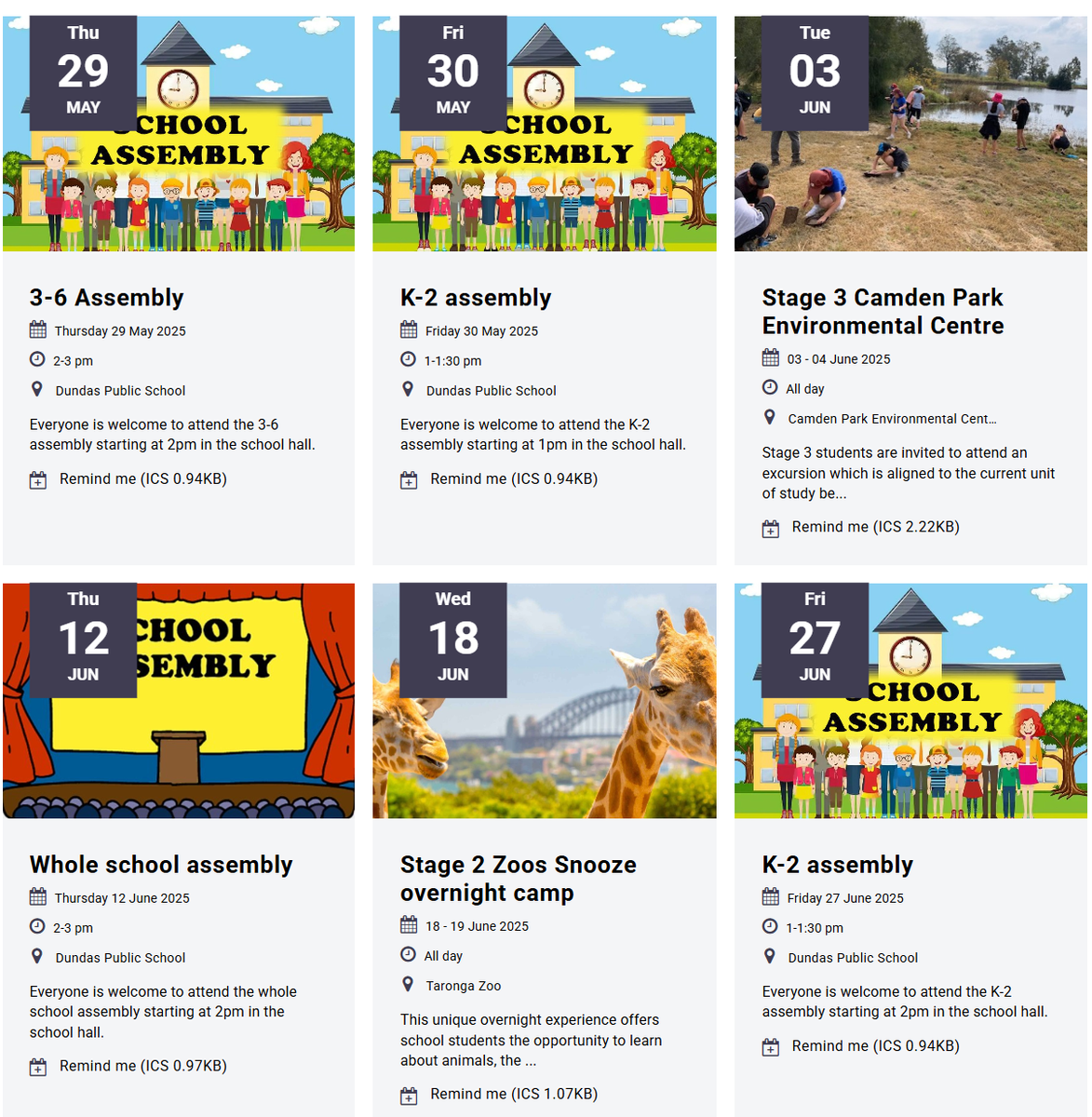

Some families may be surprised to learn that they may be entitled to financial subsidies for Camp Australia. The following flyers explain the eligibility criteria that could save you money.


